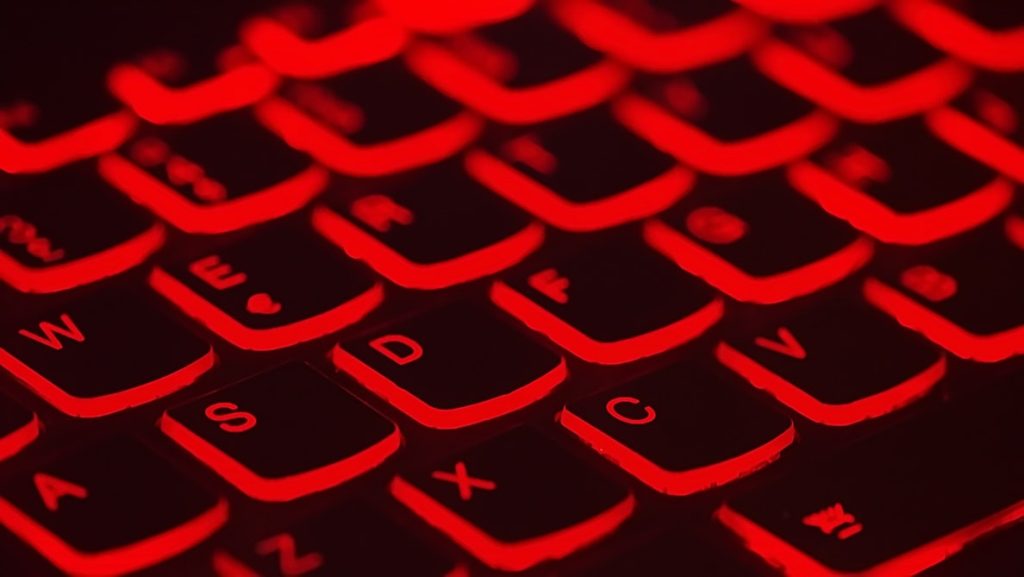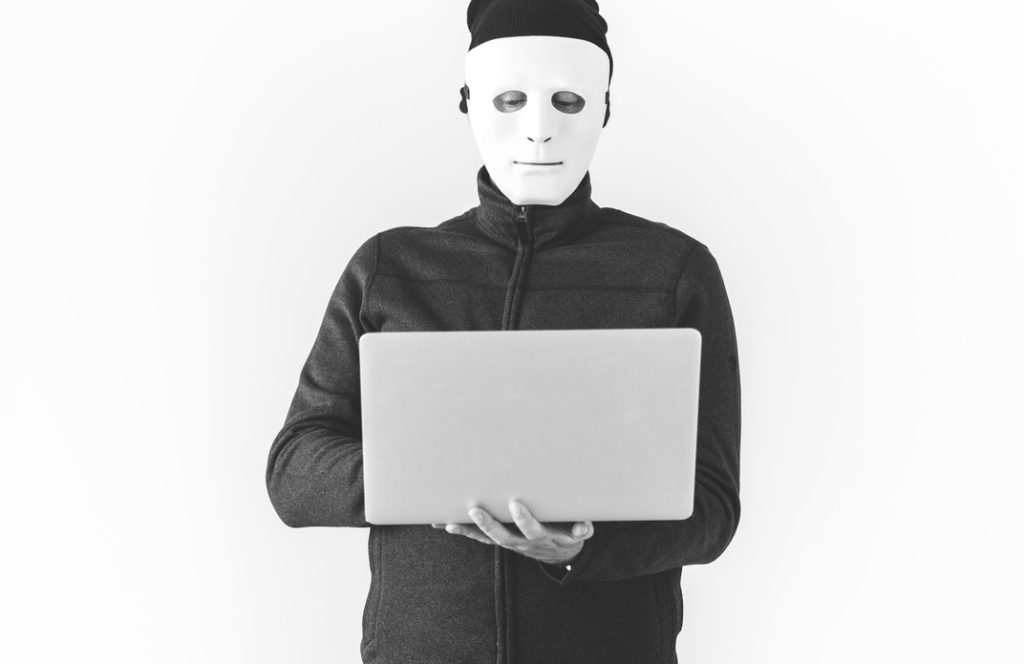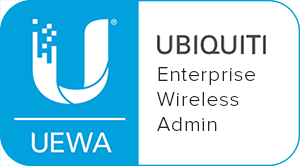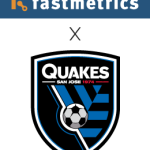Personal Data Security: Protect Important Details Online
Being online is part of our daily lives. Unfortunately, cyber attacks and data breaches have also become commonplace in today’s connected world. With the growth of the Internet and the rise of digital technology, we often inadvertently share our information over the ‘net. This compromises our personal data security and leaves us open to identity fraud, hacking and other malicious online attacks. Identity fraud is now one of the most common white-collar crimes.
Recent studies show that most Americans do not trust modern institutions to protect their personal data. Further, we neglect cyber-security best practises in our daily lives. In our modern interconnected world, it’s even more important for us to take care what personal information we share online. From email addresses to social media accounts, we leave digital footprints wherever we go.
This article provides reasons why you should not give away personal details about yourself. It also states basic personal data that you should protect and safeguard.
6 Basic Pieces Of Information Not To Be Shared Online
There is a plethora of information that should not be shared online. 6 of the most important pieces of personal information to be protected for data security purposes include;
- Personal Names: Not easy to avoid. However, there isn’t always a need to use personal names on social media profiles, for example. Your first, middle and last names are basic pieces of information, but also key to misuse by others. Never share your mother’s maiden name or your own maiden name online.
- Personal Identity Numbers: All personal ID numbers like passport numbers, banking PIN codes or account details, social security numbers, and even your driver’s license.
- Residential & E-mail Addresses: Never share your residential or private email addresses online. Be aware that all of this data is often stored and hard to remove on social networks.
- Bio metric data: Retina and iris scans, fingerprints, facial geometrical patterns and voice signatures.
- Vehicle Registration Numbers: Your automobile and or motorcycle registration numbers.
- Phone Numbers: Personal landlines or cell phone numbers.
So why take personal data security so seriously?
Prevent Identity Theft: Identity theft is when somebody steals uses your personal credentials for their benefit (typically financial gain), leaving you in a vulnerable position. This mainly relies on taking your personal information and pretending to be you online. This might mean getting access to your personal finances. Even committing cyber criminal activities, which you will be held responsible for. Avoid this by limiting the personal information you share over the internet.
Protect Financial Data: It’s obvious you should not share your financial data with just anybody online. There are many ways in which you can safeguard your financial details. Some of these include not sharing your banking details, using strong and multi-faceted passwords to make it difficult for hackers to crack and using internet banking only when you are on a secure network.
Prevent Home Burglaries: Would be thieves want to break into your house when you are not there. If you spread the news of your vacation on social media, you are literally giving an open invitation to others to enter your house and steal.
Enhance Employ-ability: Your online image can make or break employ-ability. Many companies conduct thorough background checks on potential employees. Not discussing too much of your personal life in public (online) ensures you take your personal information seriously and will do so in the workplace too.
Enhance Business Reputation: Owners of businesses need to also keep data private from prying eyes. This is very important for maintaining corporate security as well as safeguarding trade secrets. Your business will suffer if you lose all your data at the hands of a malicious hacker. In case you do, consider this business reputation repair services.
University Admissions: Even renowned universities are checking social media profiles (old and new) in their admissions processes. Ensure you are on the safe side and don’t divulge too many details about yourself. Getting involved in controversial arguments can mar your chances of university admission.
Insurance Purposes: Even insurance companies check claims based on personal online data that is available.
In Court: Your online image can also be used in conducting legal proceedings against you. This can hold as evidence in a court of law.
The above are just some of the many reasons to keep on top of our personal data security. There are always new and unknown threats online. As technology evolves, so do attacks. As do options for better online security, such as a free VPN for private browsing or managed routers and firewalls. The only diligent way to maintain high levels of data security, are to remain vigilant and follow best practises as best as we can. It is also recommended to invest in network security training so you have all necessary knowledge to keep data secure.
About Fastmetrics, Inc. Building & Business ISP
Since 2002, Fastmetrics is the Bay Area’s only dedicated business ISP. We provide telecommunication services in California and the San Francisco Bay Area. Reliable service – backed by better live and local support. From install to 24-7 proactive monitoring, get treated like a VIP customer. Not a number by a faceless call center. We specialize in managed business internet and phones, dedicated high speed business fiber internet, business WiFi, SIP voice solutions / UCaaS and managed network services. We are a Microsoft and Cisco Meraki Partner. Our team are Certified Cisco Specialists, Ubiquiti Enterprise Wireless Accredited and Polycom Authorized Solution Advisors. We take care of your business network, so you can focus on growth.











